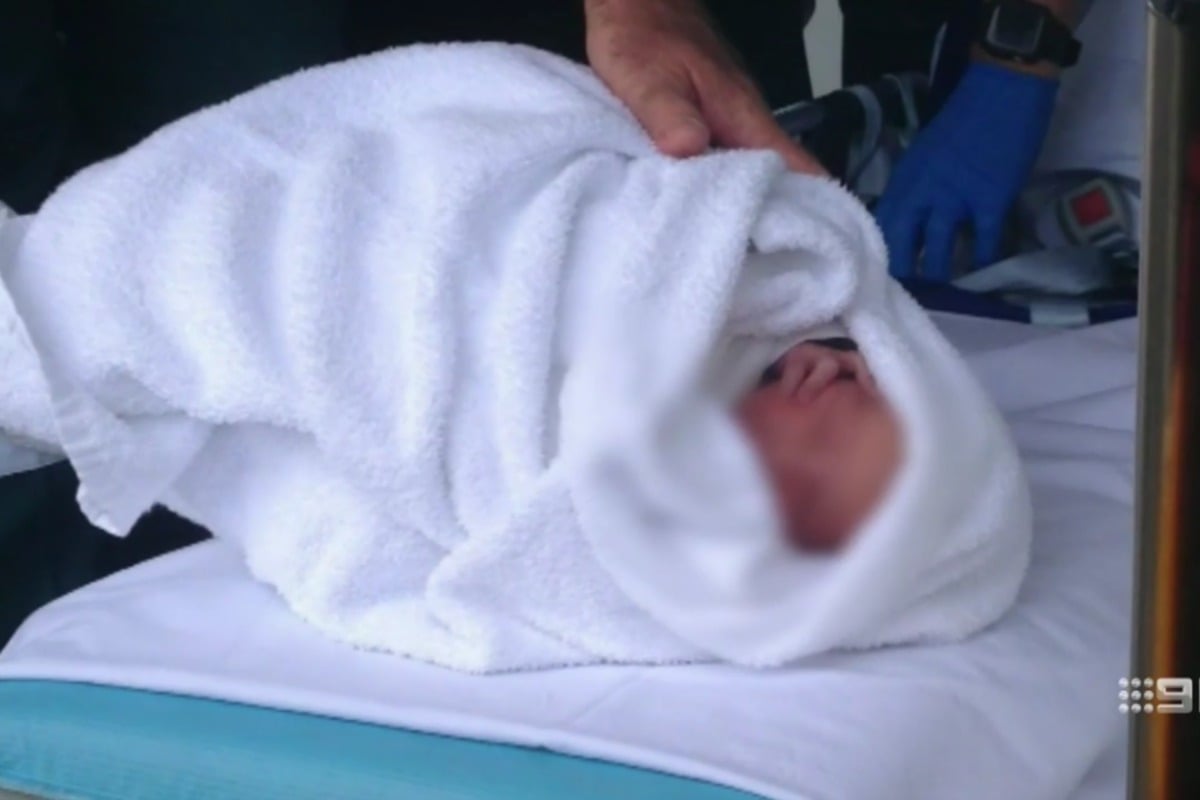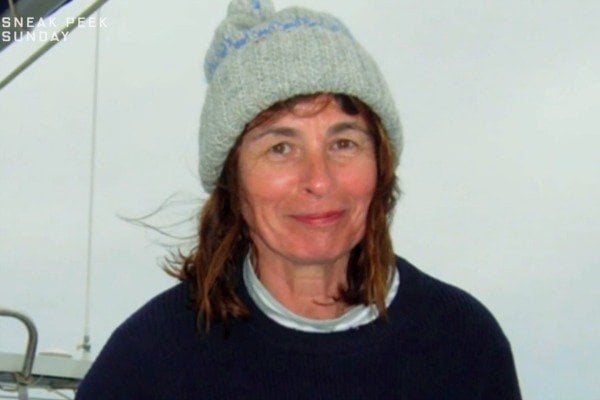
-With AAP.
1. ‘We want to help you.’ Police plead for mother who abandoned newborn outside medical centre to come forward.
A mother who abandoned her newborn baby outside a Perth medical centre needs treatment and should come forward without fear of being charged, police say.
The boy, named Rahil, was found in a box at the Garden City Medical Centre in Booragoon on Wednesday morning and taken to Perth Children’s Hospital.
He was less than 24 hours old, was still covered in birth fluid and his umbilical cord attached. He had been wrapped in a blanket inside the box.
Mamamia’s daily news podcast gets you up to speed with what you need to know today…
The mother also left behind a handwritten note asking he be cared for.
Rahil, whose name can mean “traveller” or “innocent”, appears to be in good health.
It is believed he had only been alone for about 10 minutes before he was found by medical centre staff, the ABC reported.
But the mother did not give birth at a hospital and on Thursday West Australian Premier Mark McGowan urged her to come forward to get treatment.
“All people want to do is support her,” he told reporters.
“Get some medical attention. The government wants to help you.”
Police Commissioner Chris Dawson said she could contact police anonymously or the Department of Communities.



Top Comments
How incredibly sad that this poor lady felt she had to leave her baby. Im glad she left him somewhere safe.
I think it's potentially counter-productive to have politicians weighing in about how it's important that she is identified. She's entitled to privacy and to seek medical attention without the police or politicians knowing, or being obliged to enter into a dialogue about the possibility of taking the child back. Having everyone jump on the bandwagon - including the Prime Minister! - might make her feel monitored and dissuade her from seeking the assistance she needs.
"Police Commissioner Chris Dawson said she could contact police anonymously or the Department of Communities."
This quote was in the article - "Politicians" and "Police" are not trying to track the mother down and it was made clear there is no need to be identified.
Going out on a limb here. Is it remotely possible they are concerned for the welfare of the mother who gave birth just hours earlier with possible medical issues and have zero interest in her identity?
From the article:
"Prime Minister Scott Morrison said he hoped the mother would be identified and the issue would be handled sensitively.
“My first thoughts are, frankly, with the young child, the infant, and that they are placed in the best of care,” he said."
Not helpful having the highest-ranking politician in the country hoping that the mother would be identified. Just going out on a limb here, but this wouldn't be the PM virtue signaling on the back of what has been a shocking period for him, would it?